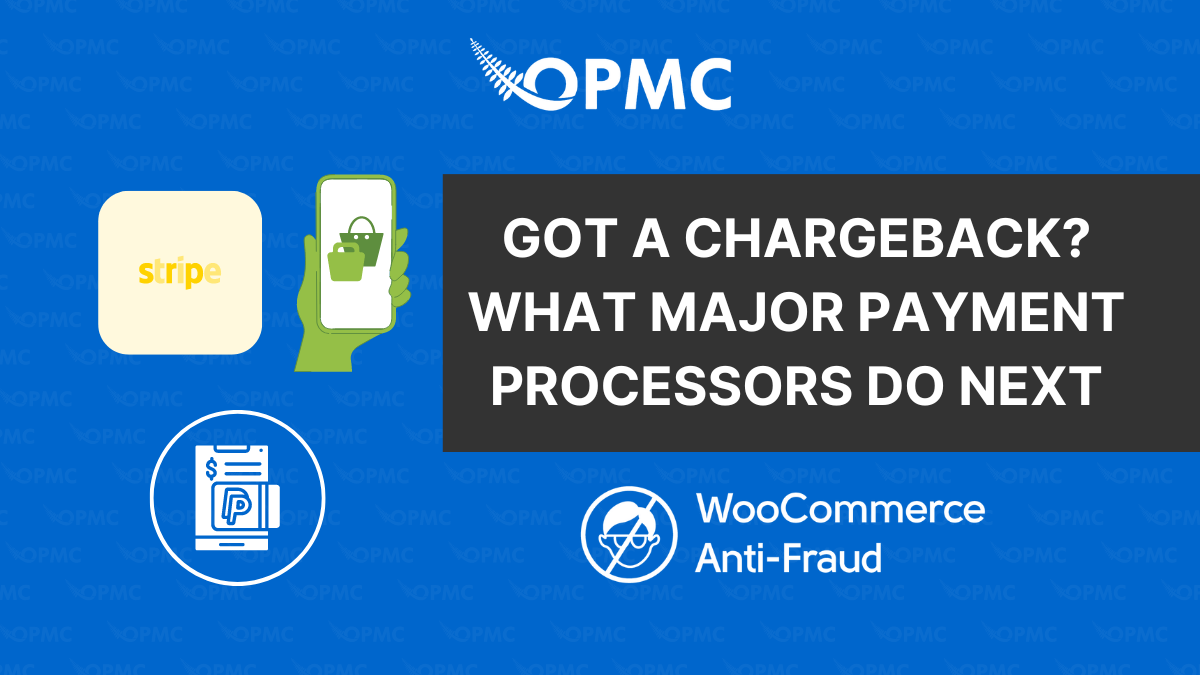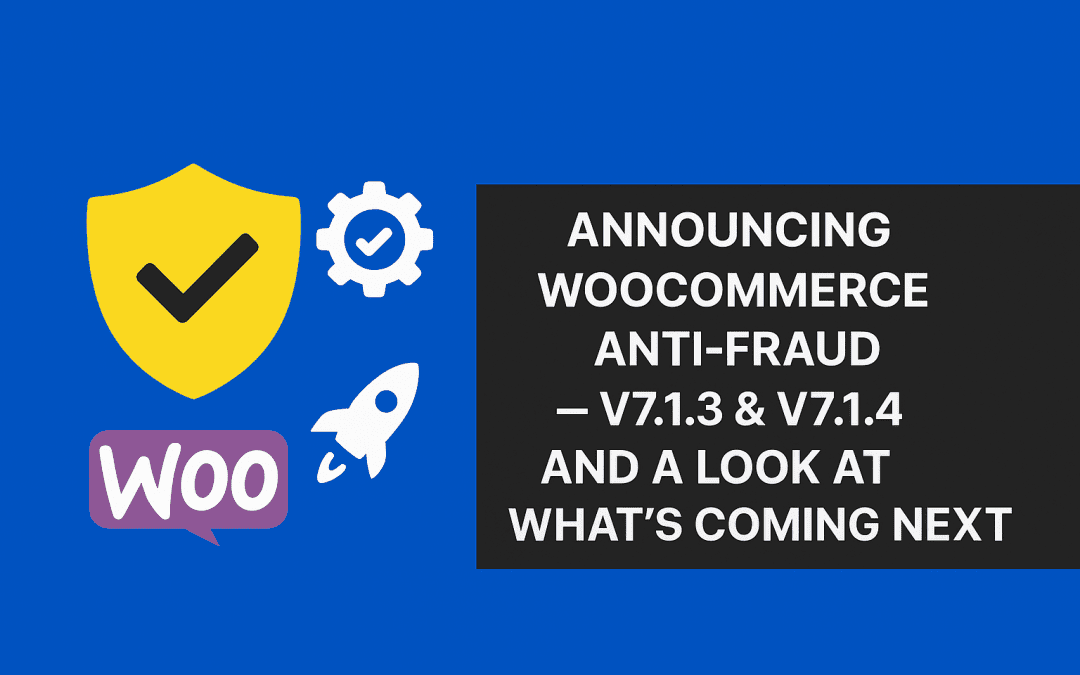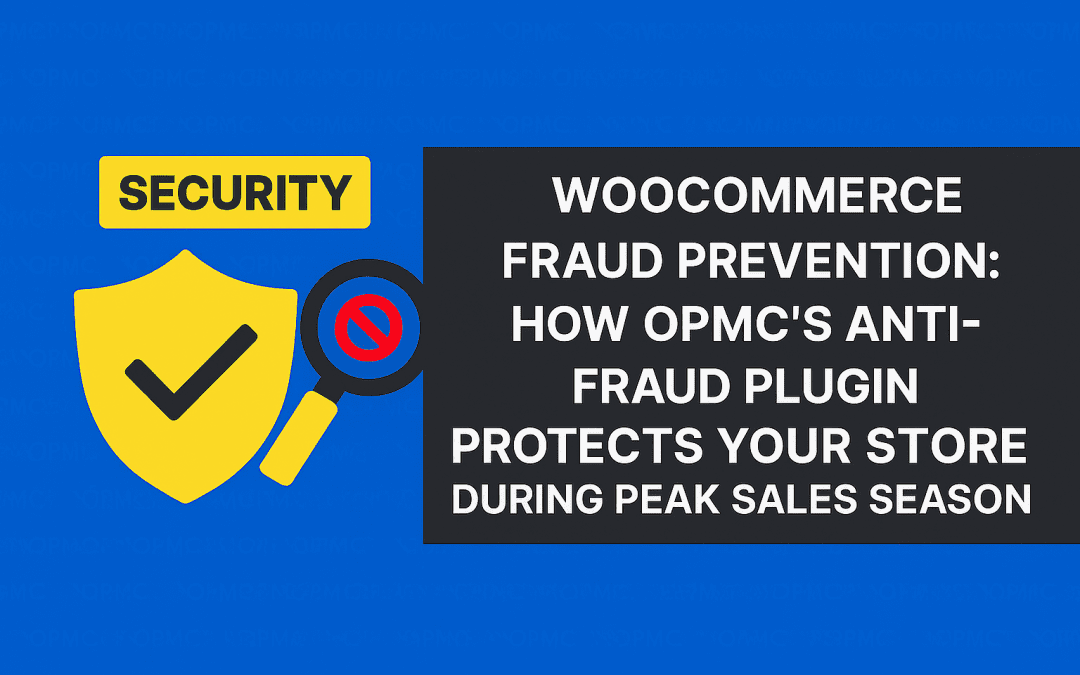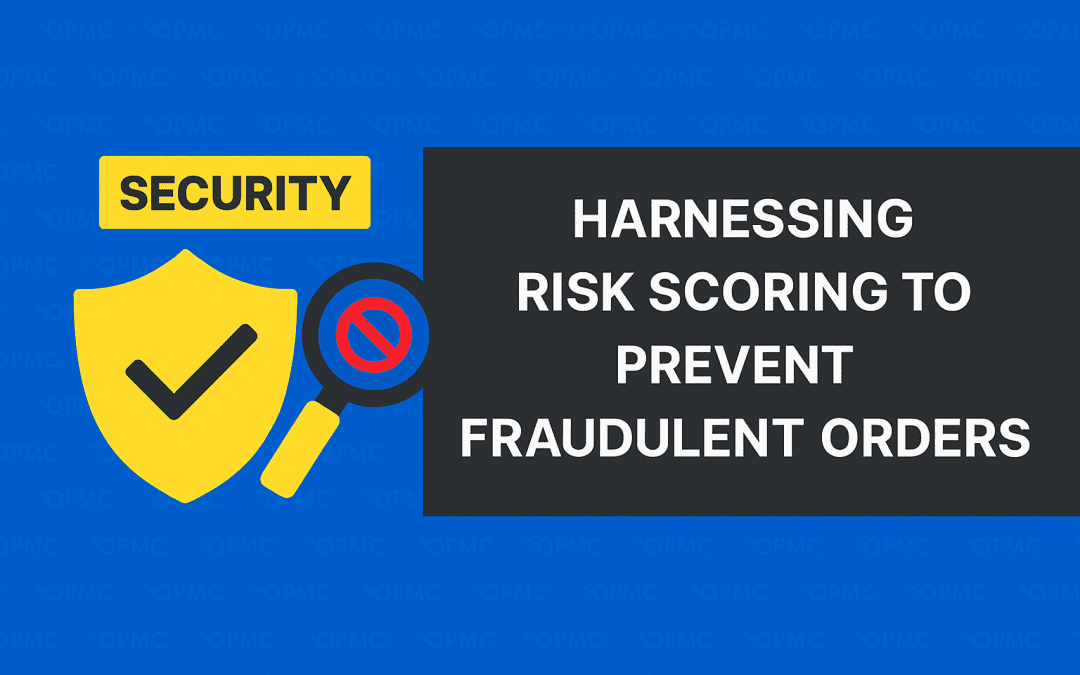Chargebacks are a pretty common thing in the world of ecommerce. If you have ever sold anything online, you’ve probably had at least one customer dispute their purchase with their bank or credit card company.
But what does that mean for your business? Let’s take a look at the impact chargebacks have on your bottom line by considering how different payment processors deal with the issue of ecommerce chargebacks and fraudulent transactions.
What is an Ecommerce Chargeback?
We’ve all been there: you order a product, the credit card companies get involved, and suddenly your money is gone. A chargeback is a dispute between a customer and their credit card company regarding a particular transaction.
A chargeback can occur when the customer claims fraud on their end or if they claim not to have authorized the purchase in the first place. It can also happen if a customer disagrees with how the item arrived, if it was different than advertised, or if someone else was using their account.
When a chargeback is initiated, you can try to provide evidence that the transaction was legitimate, but if that is unsuccessful, you may be required to return the funds to the cardholder. Chargebacks can be costly as they may also be assessed a fee by the payment processing platform for each chargeback.
Ecommerce entrepreneurs need to understand how this process works so that they can prevent it from happening in the future—and so that they know what actions to take when it does happen.
What Damage Does It Do to Ecommerce?
When a chargeback occurs, it’s not just the loss of that one sale. It’s also a loss of sales from all future customers considering purchasing from you. Every time someone has their card declined for fraud; they will be reluctant to use it again. That means less traffic on your site and fewer sales overall.
This bogs down ecommerce in general and causes all kinds of losses like:
Financial
Now that you’ve been charged back, the bank is going to take a chunk of your revenue. This may be:
- Lost revenue from the customer’s initial purchase
- Payment processing fees, which can be anywhere from 2-4% of their transaction
- Chargeback fees, which vary depending on the specific processor
This might seem small at first, but those fees stack up quickly, especially if you get a run on your online store from numerous fraudsters looking to capitalize on any security holes in your protection.
Customer Satisfaction
Chargebacks aren’t always the fault of your business. Sometimes, it could be the customer who’s responsible for a chargeback. This is because they feel they were mistreated by some combination of you, your payment processor, and/or their bank.
Even in the best situations, a chargeback can result in poor customer service. You could do everything in your power to help during a chargeback, and your customer may still feel they are owed more or are not being heard appropriately.
Business Reputation
Chargebacks are a major headache for online stores. Every time you have a chargeback situation due to fraudulent activity, you run the risk of customers leaving bad reviews on sites like Yelp or social media. This adverse user-generated content directly affects your online reputation.
People will not want to purchase from you if they feel they will be taken advantage of due to increased ecommerce fraud.
Raises Prices Across the Board
Everyone suffers if businesses start raising their prices across the board because of chargebacks. Customers may be less likely to buy goods from companies charging more. As a result, those companies might lose that business altogether. Even if those companies don’t close up shop entirely, rising costs could make them less competitive against other online stores.
The goal is to find a solution that protects your ecommerce storefront from potential chargeback fraud, so you save money, consumer trust, and your hard-earned online reputation.
How Payment Processors Handle Chargebacks
There is no “one size fits all” solution to dealing with chargebacks. Remember, every payment processor is a business looking to make money. They will do their best to cover the costs of these chargebacks, so you need to do the same.
1 – PayPal
PayPal has an exceptional online reputation mostly due to its long history as a payment processor. In general, buyers have roughly 180 days from the time they purchase at your store to dispute the charge. After that, a PayPal specialist will review any proof or dispute information and issue a ruling.
If they find in favour of the buyer, the money is returned. Luckily, PayPal offers a Seller Protection program that helps alleviate the lost funds and protect against some fees.
2 – Stripe
As a global payment processor, Stripe is often used by many brick-and-mortar stores as well as online ecommerce shops. They use a similar process to PayPal, but when the buyer notifies of a potential chargeback, the underlying bank (credit card) has only 75 days for evidence. Otherwise, the funds are released back to the seller.
Stripe also offers a service called Radar to identify potential fraud and high-risk payments. That comes at an extra fee, but it might be worth the additional $0.07 per transaction for peace of mind.
3 – Shopify
Shopify is both a payment processor and an online ecommerce platform. It does business in more than 175 countries, making it a massive international operation. Most chargebacks take up to 120 days to be resolved after they have been issued, causing a lot of disruption to your business. They are placed into one of eight different categories including:
- Fraudulent
- Unrecognized
- Duplicate
- Subscription Cancelled
- Product Not Received
- Product Unacceptable
- Credit Not Processed
- General
Like the other processors, there is a Shopify Protect program that can help stop some fraudulent chargebacks, but you still have to provide evidence if a transaction was authentic.
4 – WooCommerce
WooCommerce is a fantastic ecommerce platform that offers many customizable options to ensure you have a vibrant, engaging, smooth, and secure payment system. A massive number of websites online today are built on WordPress, and most of those use WooCommerce as an ecommerce platform.
WooCommerce has a Disputes page where they handle chargebacks and other refunds. However, WooCommerce can also work with different payment processors as well, meaning you may need to outline your process a bit clearer to know each step that will unfold.
Need Help? Use an Anti-Fraud WooCommerce Plugin
If you’ve been hit with a chargeback and want to avoid future ones, it’s time to do something. You can do this by using an anti-fraud plugin or service that protects your store from fraudsters.
One example is the WooCommerce Anti-Fraud plugin built by our team at OPMC. This advanced, automated plugin assigns a numerical value to every transaction moving through your ecommerce online store. This way, it can judge what is clean and what may be fraudulent.
You even get an easy-to-read dashboard with the latest information so you can make adjustments in real-time to any other security measures you have in place. This saves you a lot of time and money from manually having to deal with the chargeback situation on your own.
You can download a copy of this fantastic plugin straight from our website, and it integrates smoothly into the WooCommerce system.
Wrapping it Up
Chargebacks are a common problem for ecommerce businesses. They’re also costly. Some chargebacks can indeed be reversed, but it’s a long and challenging process to do so—and the more time you spend dealing with chargebacks, the less time you have to focus on growing your business.
The best option is to use a plugin like our WooCommerce Anti-Fraud option in combination with any other suggestions from your payment processor of choice. This way, you have a multilayered approach to keeping your online store safe and running.
Visit our store today!
Get a powerful boost to your security, customer support, inventory management, and more…




